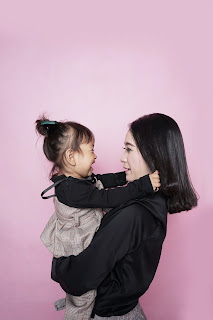Seven Totally Terrific Treatments for Autism that Might Be the Ones that Work for You [Update]

Did you know: according to the CDC, approximately 1 in 54 children was diagnosed with autism in 2020. With so many children being diagnosed, many want to know: what are some ways that autism can be treated? In this post I'm giving seven terrific ways to treat autism: Applied Behavior Analysis-- where rewards are given for valued behavior in order to increase that behavior. DIRFloortime-- a relationship-based treatment where the adult meets the child at his or her level. Lego therapy-- where playing with legos is used to teach skills like listening, turn-taking, and sharing. More Than Words-- a parent-mediated program that uses everyday activities to help children improve social skills SCERTS-- a support process where communicative partners are taught to implement teaching strategies during "real world" experiences. Social Stories-- where stories are constructed that explain social situations to children Video-based instruction-- where video recordings are g...

